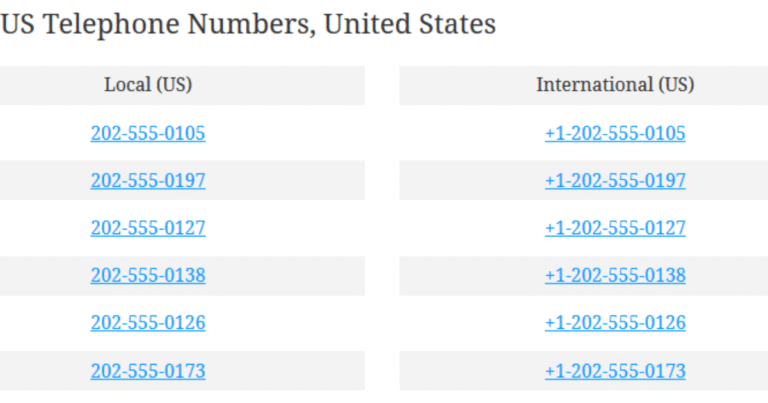
Mental healing after surgery is just as vital as physical rest.
Most people think healing from surgery is about stitches and rest. It’s not. It’s about understanding your pain — mentally and physically. If you’re struggling to recuperate even after the doctor cleared you, stop blaming yourself. Your body and mind are trying to realign after trauma. Don’t ignore either.
This guide isn’t some generic recovery plan. It’s written with a therapist’s insight and backed by real post-op experience. Let’s fix what’s being overlooked.
Why Do Some People Heal Slower After Surgery?
It’s not just about how “big” the surgery was. Some people recuperate from heart surgery faster than others do from a hernia repair. Why? Because stress, fear, suppressed trauma, and emotional burnout slow your healing response. Surgery is a psychological blow. The body shuts down to protect itself. If you’ve been through years of stress before surgery, your nervous system is already on edge.
How Do I Mentally Prepare Myself for Recovery?
You’re not just healing wounds — you’re healing control loss. Surgery takes away autonomy. That moment you were on the table unconscious? It registers deeply. People often feel anxious, irritable, or depressed even after “successful” procedures. That’s not weak. That’s real.
Start with:
- Routine: Wake up same time daily.
- Light focus: 10 mins of sunlight every morning.
- Talk: Even venting to a friend reduces cortisol.
- Avoid Google doomscrolling.
What Are the First 7 Days After Surgery Doing to My Mind?
Your brain is flooded with inflammatory signals. That’s why the first 7 days feel foggy. Painkillers mess with your gut, sleep, mood. You feel impatient. You want to be productive. But pushing early = setback. Give yourself grace. You’re not lazy — you’re healing.
Avoid:
- Overstimulating your brain with screens.
- Skipping meals.
- Staying in bed all day. Gentle movement matters.
How Can I Speed Up My Physical Recovery Without Setbacks?
To recuperate faster:
- Hydration is your first medicine.
- Don’t fear food. Eat clean, protein-rich meals.
- Listen to pain signals. Don’t chase “toughing it out.”
- Sleep. Deep sleep isn’t optional — it’s regenerative.
Stay away from fitness influencers saying, “I was back at the gym in a week.” You’re not a brand. You’re human.
If you need a quiet space to reconnect spiritually and mentally during recovery, visit One Parish. They provide free, human-focused support that helps people rebuild from trauma — not just talk about it.
How to Know If Something’s Wrong with My Recovery?
- Swelling that’s getting worse, not better.
- Emotional outbursts for no reason.
- Can’t sleep for more than 2 hours.
- Feeling “off” mentally or spiritually.
These are warning signs. Call your doctor. Don’t delay. Recovery isn’t about suffering silently.
People Also Ask
FAQ 1: What helps you recuperate quickly after surgery?
Answer: A combination of hydration, sleep, gentle movement, high-protein meals, and stress reduction is key. Don’t rush your body or ignore warning signs.
FAQ 2: Is it normal to feel depressed after surgery?
Answer: Yes. Many people feel sad, anxious, or lost after surgery. It’s part of your body processing trauma. Therapy or support groups help recovery.
FAQ 3: How can I tell if I’m healing too slowly?
Answer: If pain, swelling, or emotional changes worsen after 7–10 days, it may be a sign of complications. Always consult your surgeon if unsure.
FAQ 4: What foods support fast healing post-surgery?
Answer: Protein (chicken, eggs, fish), leafy greens, berries, and plenty of water support tissue repair and immune health. Avoid sugar and processed foods.






